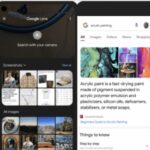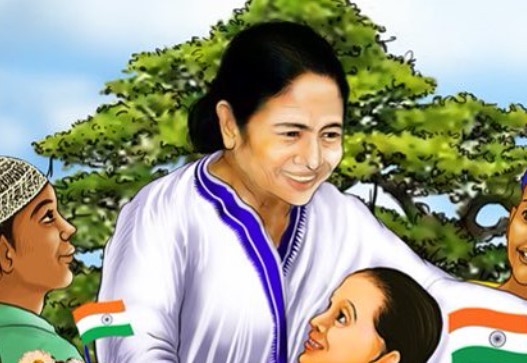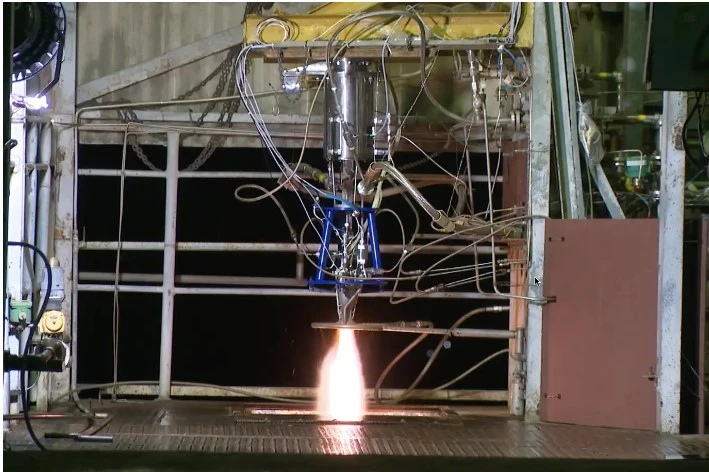Covid-19 misinformation has been a big challenge for many, and especially in the social media, above all in the YouTube. In its new anti-vaccine activism ban, which YouTube announce, though come late is a big step ahead to stem misinformation and undesirable reporting.
As per the new Youtube policy, announced Wednesday, the ban on prominent anti-vaccine activists such as Robert F. Kennedy Jr. and Joseph Mercola from its platform is a huge step to curb misinformation, fake news and misleading reports:
YouTube’s action points to how anti-vaccine misinformation and hysteria feed on themselves. The platform said in its announcement:
“We’ve steadily seen false claims about the coronavirus vaccines spill over into misinformation about vaccines in general.” It adds that: “We’re now at a point where it’s more important than ever to expand the work we started with COVID-19 to other vaccines.”
Covid-19 Misinformation – Google Acts – much needed, wish it had come earlier
Why have anti-vaxxers been permitted to infect the video platform for so long? And is YouTube’s action coming too late? We’ve steadily seen false claims about the coronavirus vaccines spill over into misinformation about vaccines in general.
Anti-vaccine material has been rife on YouTube, Facebook and Twitter for years. Indeed, they may be the prime vectors for the misinformation. Over that time, so much of it has made its way around the world that YouTube’s ban is tantamount to bailing out a sinking boat.
In announcing the ban, YouTube stated that since last year it has removed 130,000 videos for violating its policies on COVID-19 misinformation.
Anti-vaccine sentiment has circulated in society since the first smallpox vaccine was developed by Edward Jenner in 1798. But it got jump-started in 1998 with the publication of a report in the Lancet by British physician Andrew Wakefield associating the MMR vaccine with autism. The report was later deemed to have been fraudulent and Wakefield was stripped of his British medical license.
Since then, vaccine misinformation has contributed to vaccine refusal and outbreaks of vaccine-preventable illnesses have recurred around the world. Much of the spread of misinformation is due to the ease with which it can be posted on social media.
Kennedy, the son of the slain U.S. senator, has been active in the anti-vaccination movement since 2005. In 2017, he emerged from a meeting with then-President-elect Trump to announce that he had been asked to chair a commission “on vaccine safety and scientific integrity.” The Trump team soon denied that the invitation had been issued but acknowledged that Trump was “exploring the possibility” of such a commission.






